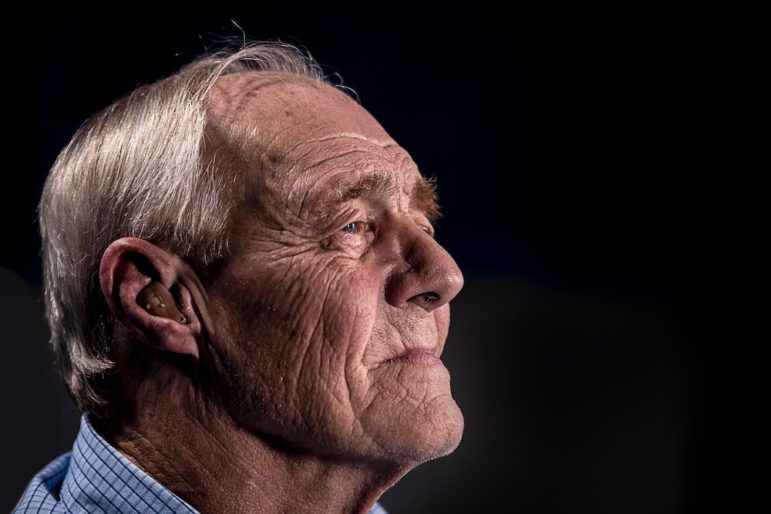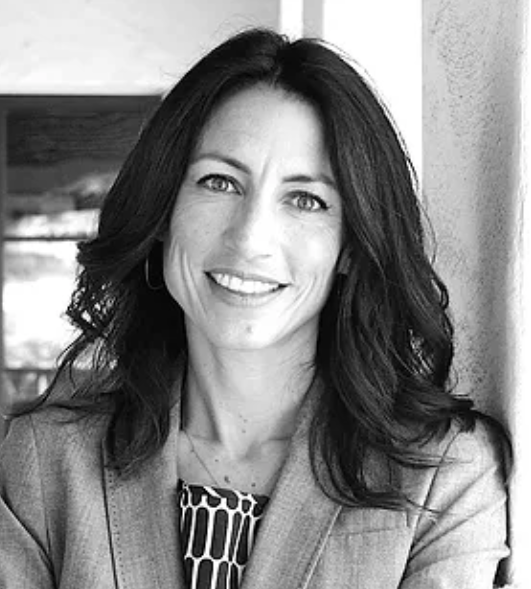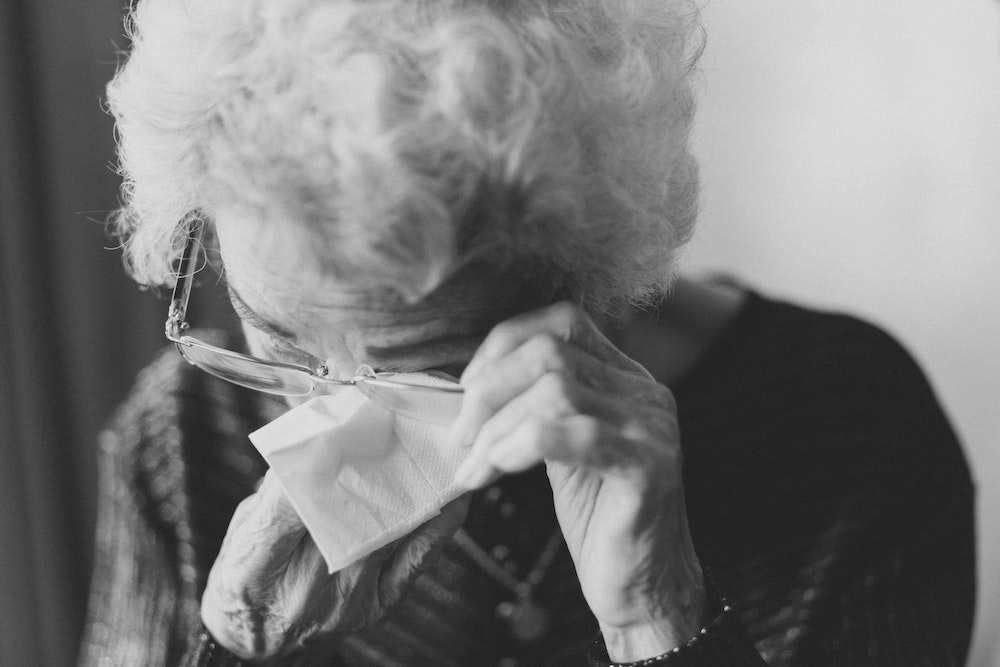I’m anxious in these semi-apocalyptic times. Did I get enough toilet paper? How will my sanity take three weeks of homeschooling the kids? What self-centered jerk is hoarding all of the sanitizing wipes?
Of course I know these are selfish concerns with millions of lives at risk. Still, in this crisis, I find it takes significant attention and a big dose of initiative to transcend my selfish desires to protect my little family and think about others.
The moral psychologist and author Jonathan Haidt wrote about selfishness in his book, The Righteous Mind. He said:
We’ve been told for fifty years now that human beings are fundamentally selfish. We’re assaulted by reality TV programs showing people at their worst…It’s not true. We may spend most of our waking hours advancing our own interests, but we all have the capacity to transcend self-interest and become simply a part of the whole. It’s not just a capacity; it’s a portal to many of life’s most cherished experiences.
We have the capacity to transcend our self-interests. And apparently for some of us, it takes a personal trauma, a natural disaster, or a worldwide pandemic to motivate us to do this, to reject our tendencies to turn inward and close off, hoard supplies, and ignore the needs of others. But we hear you, Universe! We are ready to contribute to the good of the whole. We also crave transformative and cherished experiences.
I propose we turn our attention to the most vulnerable people in our communities — the old, the mentally-ill and the imprisoned — to help them and help ourselves.
Most of us are helping our older relatives and friends. My husband’s grandmother Evelyn lives in an elder care place outside of Reno. The facility just announced they would bring meals to each resident’s room. The highlights of her life –bingo and bunco and communal meals with her octogenarian posse — were cancelled weeks ago.
We can only imagine the fear and isolation she and her friends must be going through. She says, “At least I have my photo albums,” which fills us with affection but sadness. Just looking at photos of her grandchildren and great grandchildren gives her a sense of belonging and community. We decided to get pictures printed online of our kids and have them sent to her. What else could we do to help the older folks in our community? My nieces and nephews are writing a letter each day to an older person from their church. My neighbor, Hope, sent an email to our neighbors saying she is available to help in any way. Small acts, yes, but unselfish ones.

The mentally-ill in our community are also especially vulnerable right now. My father lives with chronic debilitating depression. One of his best strategies for staying well is regularly scheduled activities, like taking the train to see my grandmother every other weekend and taking the bus to Berkeley to meet his social worker. Those activities are now forbidden and even dangerous.
In addition to the seriously ill, about 40 million adults (or just over 18% of our population) live with anxiety disorders; it’s the most common mental illness in the US. For them, this time of uncertainty and stress can be unbearable. The human mind tends to over-predict danger and that can turn to panic. “The problem with panic is that it’s highly socially contagious,” says Dr. Elissa Epel, professor of psychiatry at UCSF Weill Institute for Neurosciences.
Each of us can help the anxious or depressed in our community by remaining calm. Hoarding groceries and toilet paper contributes to the sense of panic, so we can try to moderate that impulse.
We can also reach out to friends and family to reduce loneliness and feelings of isolation.
Finally, I am especially concerned about people in jails and prisons in California. We imprison almost 130,000 people in California (not including around 70,000 people held in jail each day) and they include a growing percentage of older people. Between 2000 and 2017, the share of prisoners age 50 or older more than quintupled, from 4% to 23%. As we all know by now, COVID-19 is especially dangerous for older people. Experts have cautioned that an outbreak in prisons and jails could be disastrous for everyone including correctional officers and their families, medical and other prison staff, and the communities surrounding the prisons. Many jurisdictions have been taking small steps by arresting fewer people and waiving bail for non-serious and non-violent offenses.
But more should be done. We can contact our elected officials to urge them to release people in jail with sentences expiring soon and to grant parole to the very old and the very sick. I will also be writing letters to some of my old clients (most of them in prisons) just to check in with them. Without visits from family and friends and without access to affordable phone calls or the internet, they are more socially isolated than ever.
By reaching out to those most vulnerable in our communities, we can turn this stressful and unprecedented event into a transformative time for our communities. And acts of generosity and helping others have been shown to reduce our own stress. Just writing this down, and posting this article help my worries about a looming toilet paper shortage recede.

Shanti Brien, educator, consultant, writer and co-founder of Daylight Justice
SEE RELATED

